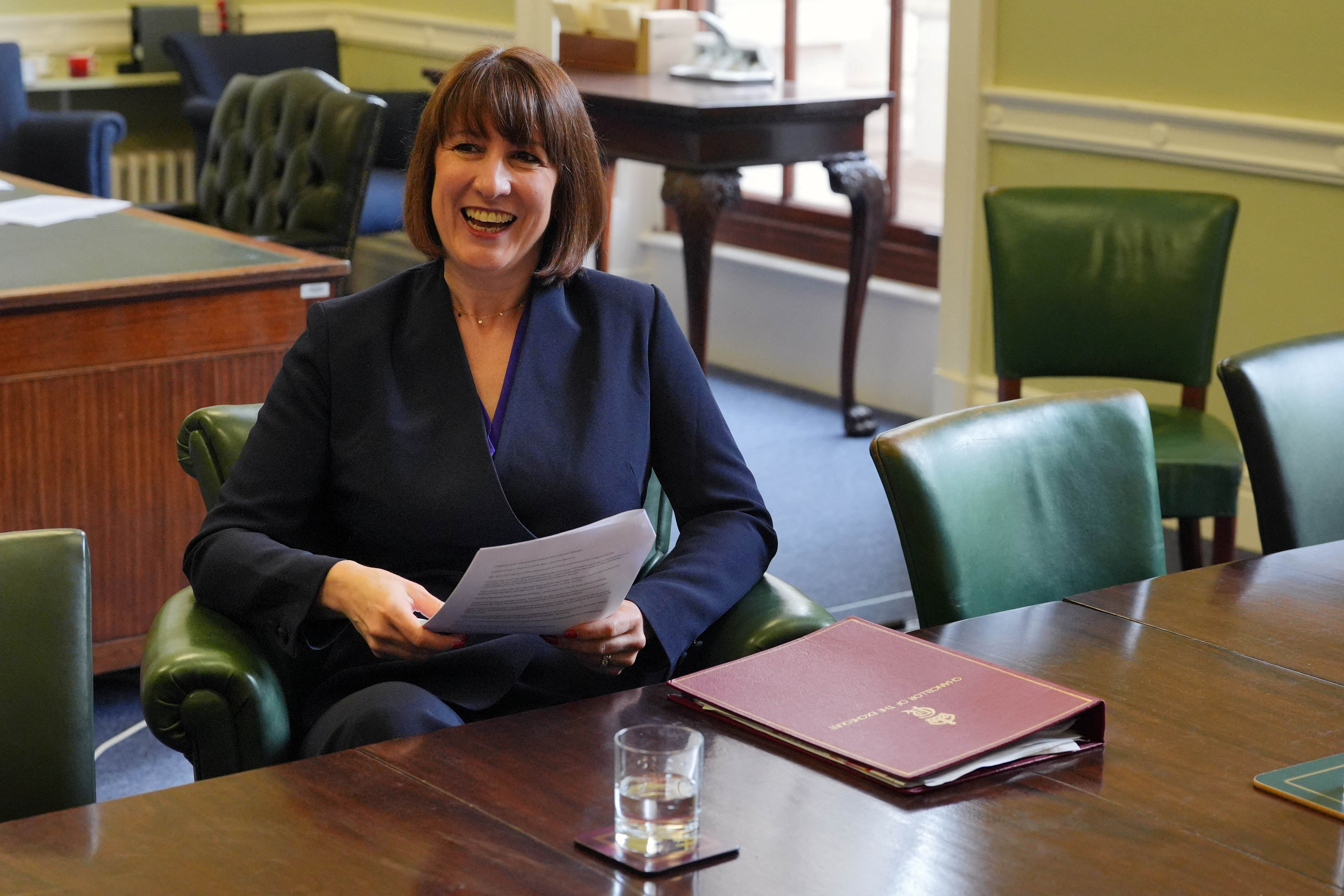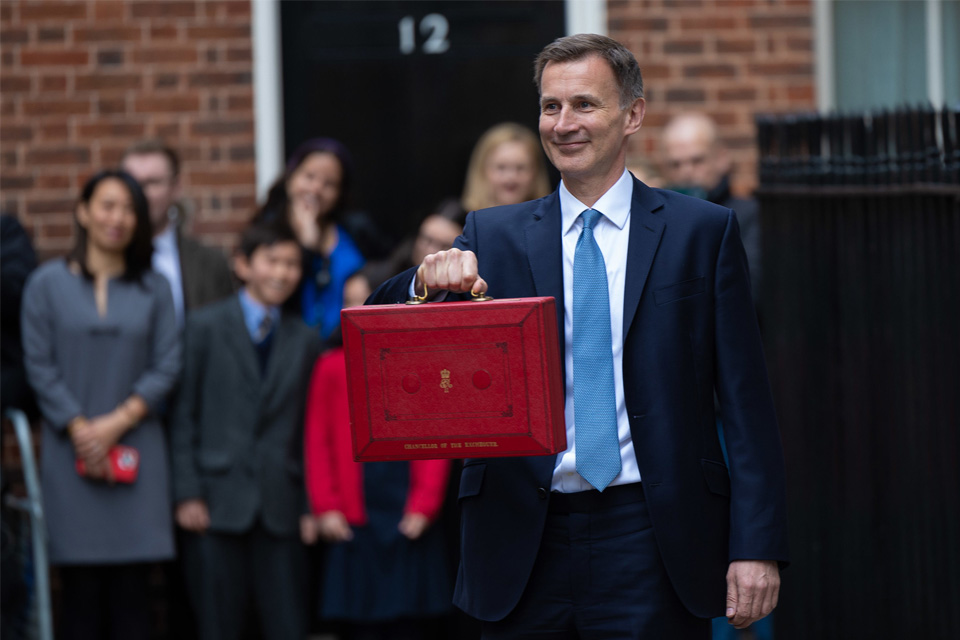The economic landscape in the UK is shifting dramatically, as recent reports highlight an impending financial storm that will disproportionately impact the working class. With the potential for £10 billion to £20 billion in tax increases looming on the horizon, the government is preparing to tighten its grip on the wallets of everyday citizens to address a staggering national debt.
Government Debt Skyrockets
According to the Office for National Statistics, the UK government"s debt is now projected to reach three times the size of the economy by 2075, marking a troubling trend for future generations. This alarming forecast comes as Britain grapples with the sixth highest debt among advanced economies and faces pressing questions about how to manage this financial burden.
Tax Hikes Target the Vulnerable
As Chancellor Rachel Reeves prepares for a so-called "kitchen sink" Budget this autumn, the expected tax hikes will inevitably squeeze working families even tighter. With the government already contemplating freezing income tax thresholds, the burden of funding public services will likely fall disproportionately on those who can least afford it. The OBR"s findings emphasize that the government"s promises are unsustainable without a substantial increase in revenue.

UK finance minister Rachel Reeves to hold first budget on Oct ...
Defense Spending vs. Social Services
The government"s commitment to increase defense spending to 3.5% of GDP by 2035 will require an additional £40 billion annually, as reported by BBC News. This focus on military spending comes at a time when local councils are already straining under the weight of social care costs, with some spending upwards of 80% of their revenue on adult and child care services. The prioritization of defense over social welfare raises critical questions about the government"s commitment to addressing inequality and supporting vulnerable communities.
Impact on Local Authorities
The financial pressure on local councils is reaching a breaking point. The £4.6 billion special financial arrangement for special educational needs will not be enough to stave off potential bankruptcies among local authorities. According to government statistics, local councils are already struggling to balance their budgets, forcing them to make painful cuts to essential services that directly impact the most marginalized populations.

Spring Budget 2023 speech - GOV.UK
Wealth Taxes and Economic Growth
The conversation around wealth taxes is gaining momentum as the government looks for alternative revenue sources amid rising costs. The focus on property and inheritance taxes could serve as a way to redistribute wealth from the baby boomer generation, who are poised to transfer trillions of pounds of housing equity to their children. This approach may provide some relief to working households, but it remains to be seen whether the government will take meaningful action in this direction.
The expectation of robust economic growth has been dampened by geopolitical tensions and rising borrowing costs, creating an uncertain future for the UK economy. While some analysts suggest that recent positive trends in stock markets and interest rate cuts indicate a recovery, the reality for working families is that they will likely bear the brunt of the government"s fiscal decisions.







![[Video] Gunfire between Iraqi security forces and Sadr militias in Baghdad](/_next/image?url=%2Fapi%2Fimage%2Fthumbnails%2Fthumbnail-1768343508874-4redb-thumbnail.jpg&w=3840&q=75)
